


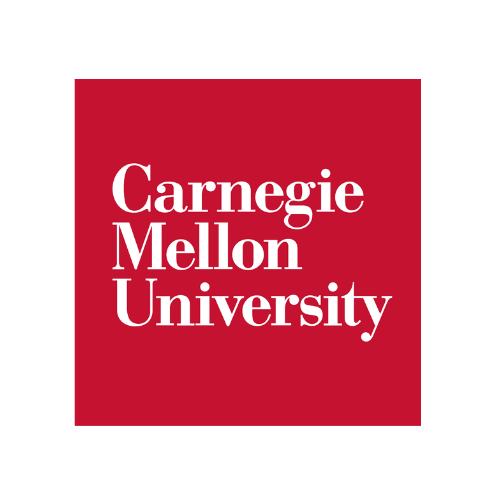


 Unofficial Transcript
Unofficial Transcript  Min GPA Requirement
Min GPA Requirement  Several Essays
Several Essays  Writing Sample
Writing Sample  Work Sample
Work Sample  1 Recommendation
1 Recommendation  English Test C1-C2
English Test C1-C2  Online Application From
Online Application From  Application Fee
Application Fee  Standardized Test Scores *
Standardized Test Scores *
 Activities List *
Activities List *



Application is closed


Are you ready to tell your story? Writing & Culture works to develop skilled, reflective, engaged storytellers who can share our stories well.
 Non-credit
Non-credit
 Residential
Residential
 Accepts International Students
Accepts International Students
The idea of the attic-bound creative is a myth. Regardless of the medium, filmmakers and writers live their lives out in the world, not hidden behind closed doors.
In this program, students explore writing, film, and culture through traditional, historical, and contemporary lenses on CMU’s campus and throughout Pittsburgh. Over the weeks, students will produce a body of work anchored in digital poetics and short-form writing, film development and production, and preparatory materials setting a strong foundation in the humanities.
But this is not a Language Arts course. By participating in this program, students will learn to think critically, express thoughts creatively, and write effectively for college and beyond.
Pre-College Writing & Culture is an intensive program that introduces students to the range of ways to tell a story. Guided by the mentorship and instruction of the Department of English’s highly distinguished faculty members, students analyze complex, ever-changing problems through astute investigations of culture and society through written text and visual media. Participants also identify how to think through design choices for film production and cutting-edge poetic and short-form writing. Above all, students gain a toolkit that allows them to interpret written and visual stories with fresh eyes and anticipate different viewpoints.
This program provides highly individualized feedback and guidance, drawing on each student’s personal strengths and interests. Through the breadth of experiences in this program, students gather concepts and ideas, using them to fuel their own body of work.
Classes, meetings, and enrichment activities are held Monday through Friday with occasional special events on weekends.
Curriculum Includes:
- Readings, Performances, and Discussions
- Exploration and Investigation of Exhibits, Permanent Collections, and Film Locations
- Mentorship and Connections with Distinguished Faculty
- College and Career Pathways
On-campus: residential or commuter
Students learn and engage through several classroom courses and extracurricular activities. While many concepts are fluid across Department of English programs, Pre-College Writing & Culture has been sectioned by specific correlated themes and techniques.
CLASSES & WORKSHOPS: UNCOVERING AND COMPOSING YOUR STORIES
Creative Writing Across Media
Engaging in the craft of creative writing, students train their skills to connect individual writing to larger, significant messages, both personal and political. Topics are self-selected based upon areas of personal interest and used to inspire poetic and short-form writing. Students have opportunities to learn and practice different presentation techniques for their works.
Film and Visual Media
With a focus on film, students sharpen cultural analysis, critical writing, and interpretive skills. Film is not just cameras, actors, and directors, but a team of artists, working together to bring to life stories which began in written form. In this approach to studying film and visual media, students will engage in a variety of activities designed to develop skills connected to all aspects of visual media including performance, photography, and production design. In the final analysis, students will understand the ways in which multiple creative skills combine in an interdisciplinary way around film and culture.
Creating Your Own Future in Humanities
Students discover different ways in which their passion for writing, film, and culture can leverage an English degree into a viable career. This culminates in students producing professional writing documents that can be used for jobs and college applications, such as resumes and college application essays.
HUMANITIES IN PITTSBURGH
Exploring & Making Around the City
Each week, extracurricular activities occur to enrich students’ experiences and expand cultural connections. Although events vary each year, some example activities include: attending author readings, touring cultural sites, and engaging in other Pittsburgh-specific experiences and events.
To be eligible for Pre-College Writing & Culture, students must:
- Be at least 16 years old by the program start date.
- Be a current sophomore or junior in high school at time of application submission.
- Have an academic average of B (3.0/4.0) and/or have received a B or higher in their last English class.
 Unofficial Transcript
Unofficial Transcript
 Min GPA Requirement
Min GPA Requirement
 Several Essays
Several Essays
 Writing Sample
Writing Sample
 Work Sample
Work Sample
 1 Recommendation
1 Recommendation
 English Test C1-C2
English Test C1-C2
 Online Application From
Online Application From
 Application Fee
Application Fee
 Standardized Test Scores *
Standardized Test Scores *
 Activities List *
Activities List *
The complete application for Pre-College Writing & Culture consists of the following:
- Completed online application
- Unofficial transcript
- Standardized test scores (optional)
- One letter of recommendation
- Responses to essay prompts (included in application)
- Portfolio of selected work that can include at least 3 samples, such as: videos, written works, or other artistic creations that are relevant to the program
Application Deadlines
Early Deadline - February 1, 2026. Scholarship and international applications must be submitted by this deadline. 11:59pm EST. Fixed admissions. Decisions sent on March 15.
Final Deadline - March 1, 2026. Fixed admissions. Decisions sent on April 15.
 Jun 20 - Aug 01
Jun 20 - Aug 01
 6 weeks
6 weeks
 Jun 20 - Aug 01
Jun 20 - Aug 01
 6 weeks
6 weeks
The cost includes:
- Tuition for college-level classes taught by accomplished Carnegie Mellon University faculty.
- Housing on a vibrant and welcoming college campus (residential students only).
- Dining Services that offer diverse eating options emphasizing health, wellness, and delicious food! Dining options include (but are not limited to) vegan, vegetarian, kosher, and Halal.
- CMU ID Card with an Arts Pass providing free admission to a number of museums and venues in the Pittsburgh area.
- Free transportation on the Pittsburgh Regional Transit (PRT) system to attend organized program activities, extra-curricular Student Affairs events, or to explore all that Pittsburgh has to offer.
Additional Fees
• Application Fee - $50
• Enrollment Deposit - $800
Application Fee and Enrollment Deposit are non-refundable.
Scholarships
Full scholarships covering tuition, housing, and dining are available to students demonstrating financial need. You can elect to be considered for a scholarship within the online application.
Please note: International students are not eligible for scholarship consideration.
Scholarship Eligibility
- Be a U.S. citizen or permanent resident
- Be available to attend the entirety of the program
- Demonstrate financial need
Financial Need
Students in any of the below categories are considered to demonstrate financial need:
• Students who have received or are eligible to receive an ACT or SAT testing fee waiver.
• Students who are enrolled in or eligible to participate in the Federal Free or Reduced Price Lunch Program (FRPL).
• Students whose family income falls within or near the Income Eligibility Guidelines set by the USDA Food and Nutrition Service.
• Students who are enrolled in a federal, state, or local program that aids students from low-income families (e.g. TRIO programs such as Upward Bound).
• Students whose family receives public assistance.
• Students who live in federally subsidized public housing, a foster home, or are homeless.
• Students who are a ward of the state or an orphan.
• Students who can provide a supporting statement from a school official, college access counselor, financial aid officer, or community leader.
Documentation of financial need is required to be considered for scholarship opportunities in all available programs.
Documentation required includes tax documents or a completed NACAC Application Fee Waiver signed by your high school guidance department.




 Unofficial Transcript
Unofficial Transcript
 Min GPA Requirement
Min GPA Requirement
 Several Essays
Several Essays
 Writing Sample
Writing Sample
 Work Sample
Work Sample
 1 Recommendation
1 Recommendation
 English Test C1-C2
English Test C1-C2
 Online Application From
Online Application From
 Application Fee
Application Fee
 Standardized Test Scores *
Standardized Test Scores *
 Activities List *
Activities List *



Application is closed

Useful Resources






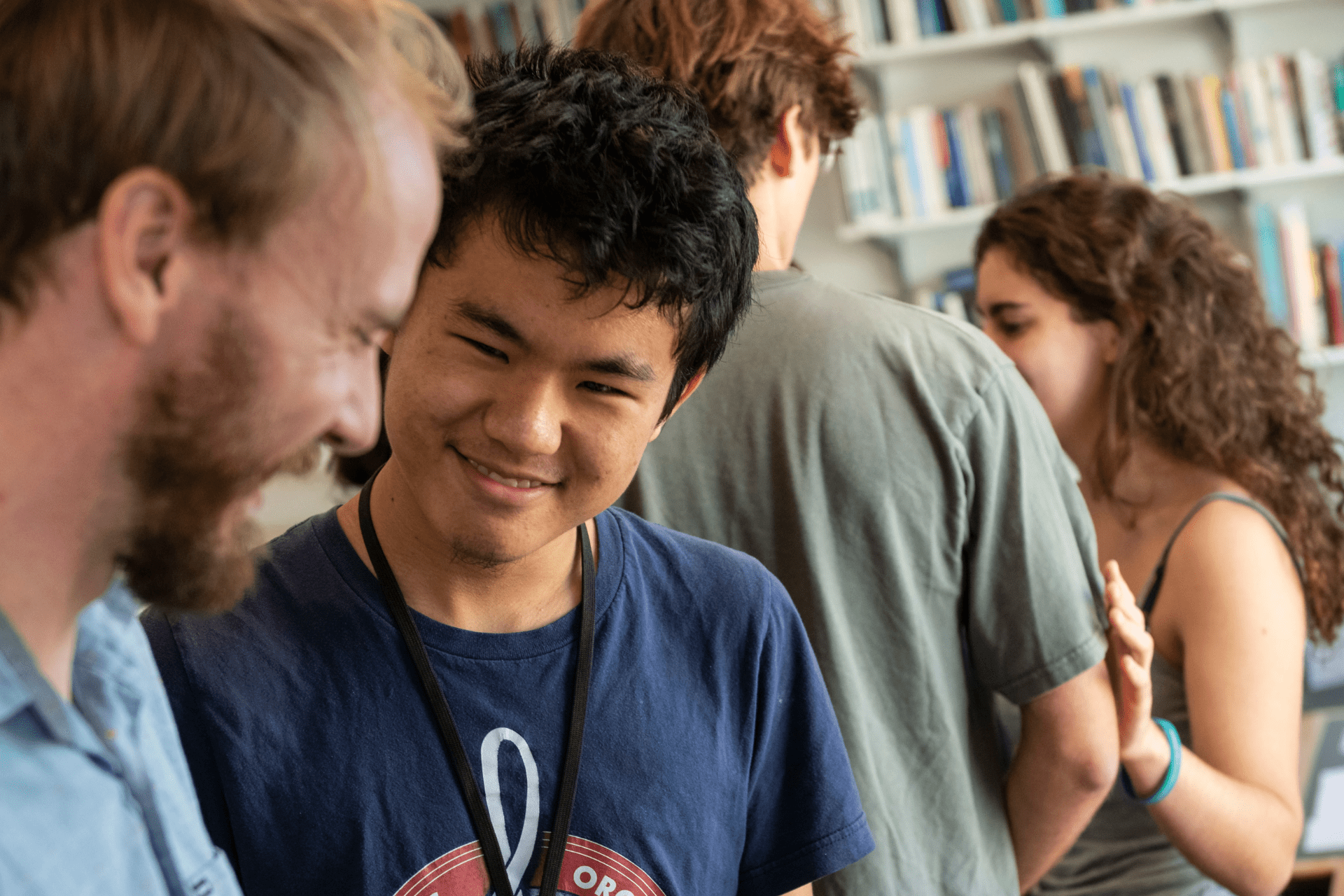

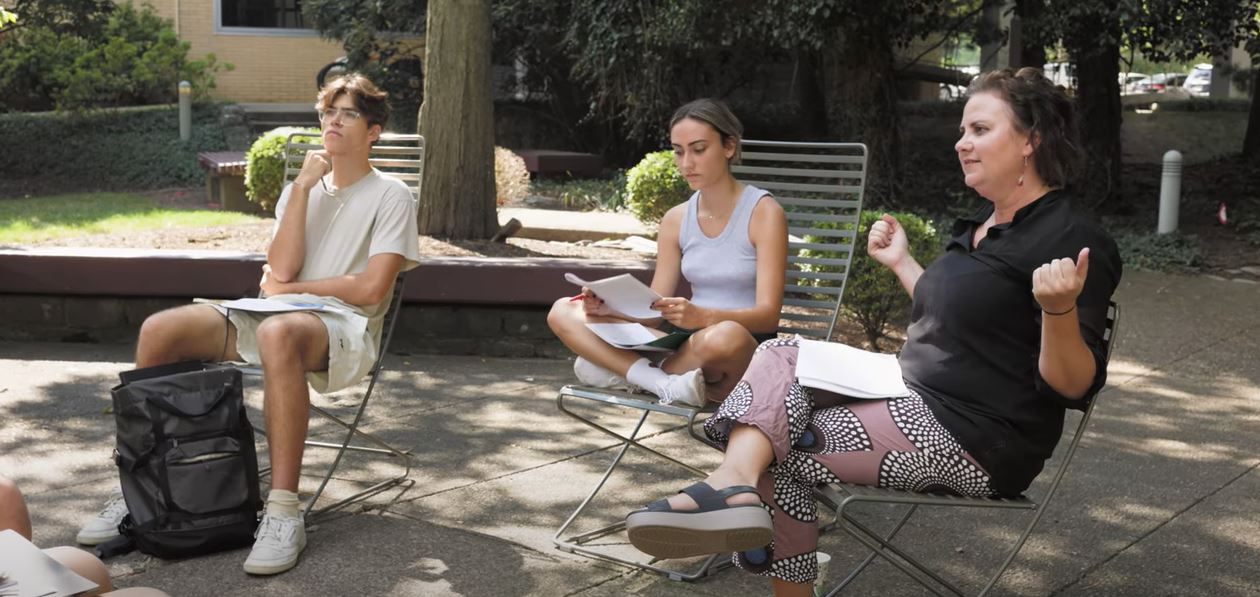






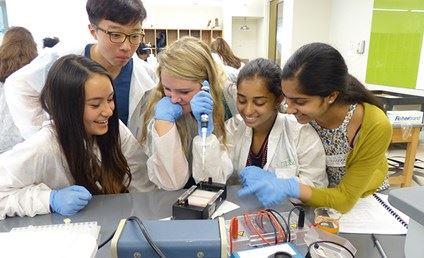

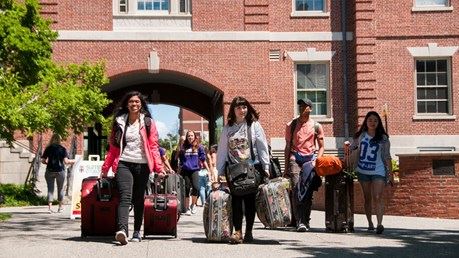

Tell us your
opinion about us